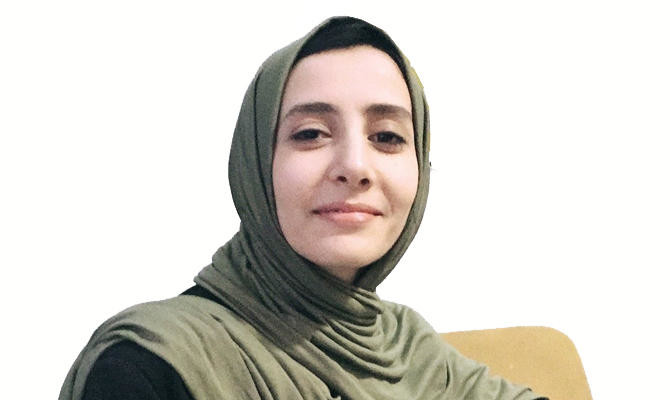CHENNAI: Mexican drug cartels have moved away from dumping drugs into the US in “Sicario: Day of the Soldado” — as they did in the prequel. In Stefano Sollima’s latest adventure, they control the flow of people across the deadly US-Mexican border, with terrifying consequences.
Washington suspects that the immigrants illegally entering the US include terrorists. In one of the film’s early scenes, a Kansas supermarket is blown up, provoking a covert CIA operation to create a rift among the drug cartels that will see them destroy each other.
A CIA officer, Matt Graver (superbly enacted by Josh Brolin), is sent to Mexico and enlists the help of his friend, hardened killer Alejandro Gillick (Benicio Del Toro), to kidnap the 12-year-old daughter (Isabela Moner) of a drug lord, Carlos Reyes. The pair plan to make the whole sordid incident look like the handiwork of the rival Matamorous gang.
Sollima builds intense tension throughout the kidnapping — the ominous notes of Hildur Guonadottir’s bass-driven score heightening the effects of a shootout, which leaves the child (earlier shown as a defiant school bully) petrified. As the girl is held captive, the movie leads the viewer through the wily games that the cartels play to lure poor Mexicans into the supposed paradise of the US, while Graver and Gillick go on a killing spree.
But in all this bloody mess, there emerges hauntingly beautiful humanism, with various characters proving time and time again that, despite the greed and chaos, people are not all bad all the time.
But beyond this mayhem, laced though with emotions, is a warning that cannot be missed. Do not mess with us, the US appears to be saying. It is a film that shows the steel-edged side of the US government — one that does not flinch at using a child as a pawn in an elaborate war where everyone is expendable.















